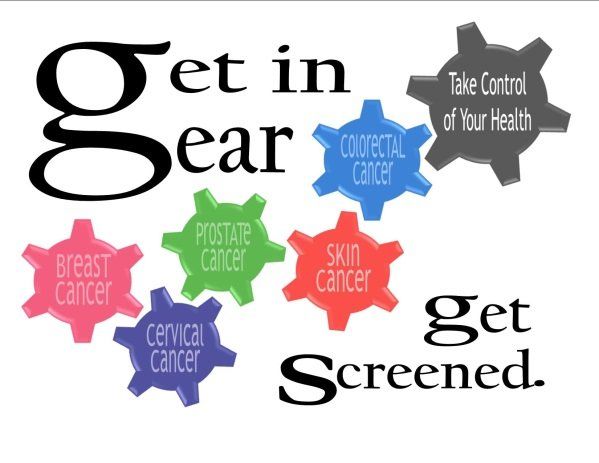
Slide title
Write your caption hereButton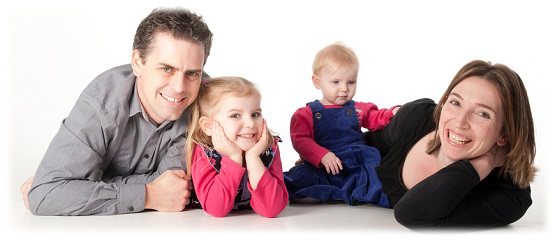
Slide title
Write your caption hereButton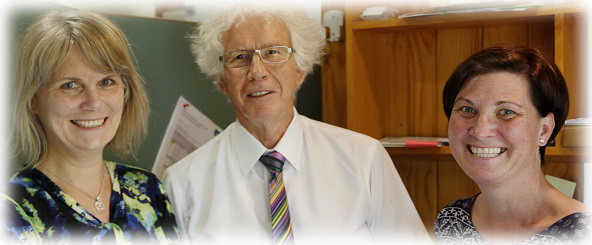
Slide title
Write your caption hereButton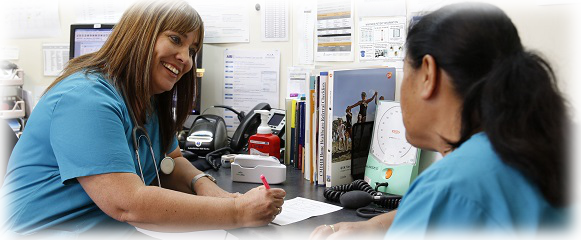
Slide title
Write your caption hereButton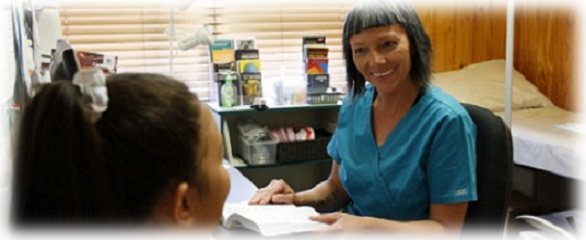
Slide title
Write your caption hereButton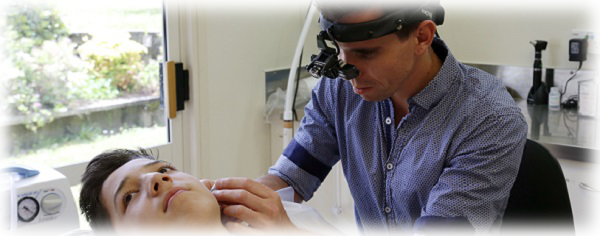
Slide title
Write your caption hereButton
December 2013
Welcome again to the Millhouse Community and other readers.
Summer is truly here - I love watching flowers bloom, picking fresh vegetables and ripened fruits, and enjoying outdoor activities; its a time to BBQ and enjoy the company of friends and family. Do take extra care these holidays to prevent injuries, avoid sunburn and food poisoning.
This is the final Millhouse News for this year and concludes the discussion on integrative cancer treatment.
Millhouse News
East Health Award for the fourth year
Congratulations to the Millhouse Integrative Medical Centre staff who were runner-up in this year's East Health PHO clinical management award which compares the performance of the 21 local clinics on their vaccination programs, mammography and cervical smear screening, smoking cessation, cardiovascular and diabetic risks assessment. This was particularly pleasing considering the superb effort of the receptionist-nurse team who updated Dr Alet's patients when she joined us during the year.
Learn more about this...
Cervical Smears and Well-Woman's examination
Our practice nurses are available by appointment for cervical smear and well woman's examination.
Learn more about this...
Practice Nurse Vacancy
We are looking for a part-time nurse to join our medical team. Previous experience in general practice would be valuable and a desire to become skilled practice nurse dealing with diabetes, cardiovascular disease and complex patients will be an advantage. If anyone is interested please contact Practice Manager Rachael for details on the position.
Learn more about this...
In this issue...
- East Health Award for the fourth year
- Cervical Smears and Well-Woman's examination
- Practice Nurse Vacancy
- E-appointments
- Holiday Hours
This month Dr Ric continues his series on Integrative Cancer Treatment
Holiday Opening Hours
The Millhouse Integrative Medical Centre will have limited opening hours from December 30 to January 6.
Open at 128 & 130 Millhouse Drive
Dec 23 (normal) & 24 closing 5.00 pm
Open only at 128 Millhouse Drive
Dec 30 & 31 from 9am-5pm
Closed
Dec 25 – 29, Jan 1 - 5
Normal hours resume on January 6
After hours ph 537 4980 for after hours service advice
OR Eastcare A&E ph 277 1516
Remember E-appointments
This is an easy and convenient way to book an appointment on line at www.millhousemedical.co.nz. allowing you to select your doctor and an appointment time.
You can book for a family member on line using your password but it will be in your name so leave a message on the appointment screen saying who it is for and inform reception on arrival. Don't hesitate to contact us if you are having problems with e-appointments and we will investigate promptly.
Cancer (part three)
In the previous two newsletters I mentioned that cancer is caused by the abnormal response of cells trying to survive in a toxic environment a response made easier when the body's protective immune system is weakened by age and poor nutrition. The adverse local cell changes, including DNA gene damage that is evident in all cancers, are accelerated by lower oxygen levels, inflammation, increasing acid residue and the presence of high circulating insulin levels (may include other hormones) and other growth factors which promote tumour growth.
'Prevention' strategies were outlined and encouragement to 'participate in active screening' that detects common cancers (breast, cervix, colon, lung, ovary, prostate and skin) in their infancy and allows removal before local invasion and wider metastatic spread occurs. Early intervention is the main reason cancer survival has improved in recent years.
Make it a New Year's resolution to 'Get in Gear and Get Screened' in 2014.
Cocktail Therap
yI also mentioned that through trial and many errors doctors slowly learned that the most effective treatment in advanced cancer was by using a combination of chemotherapeutic agents. Many of the most powerful anticancer drugs were derived from bacteria, fungi and the plant kingdom
Unfortunately mainstream oncology has rarely researched the use of whole plants, or a combination of plant constituents, with conventional therapy, even though laboratory evidence demonstrates that herbal substances can destroy cancer cells, normalise cell death, enhance the immune system, gene stabilise genes, have anti-inflammatory action and inhibit new tumour blood vessel growth.
Observations from Ayurvedic and Traditional Chinese Medicine support the practice that using multiple combinations of plant extracts has greater therapeutic benefit. Professor Jane Plant's success with metastatic breast cancer and Dr Alexander Sun's trial using daily vegetable-soup-mix in advanced small lung cell cancer patients (see October newsletter) that increased longevity, suggests that nutritional interventions have a synergistic
action with conventional therapy to improve cancer survival.
Hormesis
It is relatively easy to understand why a cancer drug or drugs are effective but to comprehend why the vegetable-soup-mix with the lung cancer patients extended life is more difficult. Whole foods, spices and herbs contain many chemicals which are known to be beneficial to health. It has also been observed that plant molecules, low dose radiation and certain drugs, when given in minute amounts, have positive low dose stimulation, a hormetic effect, on cell function. Integrating chemo's anticancer destructive effects and the positive hormetic effect of herbs and acupuncture seems an obvious strategy to take when treating cancer.
Anti -Cancer Diet
The anti-cancer diet aims to nourish the body and the immune system by recommending phytochemically enriched vegetables, low sugar fruits and spices. Prefer organic eggs, chicken, lean meats and fish.
Avoid foods that increase inflammation (omega 6 oils and trans fats), stimulate cancer growth (insulin – esp. refined carbohydrates, consider a ketogenic diet, milk protein – in breast & prostate cancer) and eliminate any toxic food or drink (artificial foods, alcohol, possibly gluten). The aim is to normalise weight and not avoid loss of condition which is major problem in advanced cancer. Please read earlier newsletters and articles at www.millhousemedical.co.nz for more information.
Botanicals: Plant constituents & Nutritional supplements
Botanicals with the Greatest Potential
Breast Cancer – Corrulus mushroom, garlic, quercetin, bromelain, curcumin, green tea, flax seed, DIM cruciferous vegetables, mistletoe
Prostate Cancer –garlic, green tea, soy, pomegranate, silymarin,
curcumin
Lung Cancer – astragalus, green team curcumin, silymarin, bromelain, mistletoe
Colorectal & Gastric Cancer – Corrulus, garlic, astragalus, green tea, mushrooms, flaxseed, mistletoe
Head & Neck Cancer – curcumin, green tea
Glioblastoma multiforme (brain) – resveratrol from grape seed curcumin Melanoma – green tea, curcumin, flavonoids, mistletoe
Ovarian Cancer – gingko, soy, green tea, curcumin
Lymphoma & Leukaemia – green tea, astragalus
Myeloma – curcumin, green tea, astragalus, soy Number of other herbs used in cancer therapy.
The objective here is to combine herbal and nutritional supplements that have a cocktail of inhibitory effects (see earlier comments) on cancer cell growth and enhance the
protective immune, gastrointestinal, liver and adrenal anti-stress function. The table opposite highlights common botanicals used in cancer patients.
Two stand out in the list which I will discuss briefly.
Curcumin is the active ingredient of the spice turmeric. It is a traditional remedy in Ayurvedic Medicine that has been used through the ages as a 'herbal aspirin' and 'herbal cortisone' to relieve discomfort and inflammation especially in infection, autoimmune disease and cancer. See curcumin.co.nz for additional information on its use in cancer.
Mistletoe therapy is the most frequently used complementary cancer therapy in Europe today. Active lectin molecules are extracted, from the evergreen semi-parasitic plant that lives in a host tree, which are injected into the patient and in some situations directly into the tumour. Mistletoe has antitumour and immune modulation effects and in Germany is often combined with conventional cancer therapy.
Vitamin D
I have written often about the health benefits of vitamin D which is made in the body from stimulation of the sun's ultraviolet B rays. The actions of vitamin D enhance immune function, protect genes, promote natural cell death cycles and increase the glue that binds cells together preventing tumour development throughout the body. We also know that a higher vitamin D level at the time of diagnosis improves survival for breast, colorectal, lung, prostate cancer, non-Hodgkin's lymphoma and melanoma patients. All patients with cancer should consider supplementing with vitamin D. See www.vitamindcouncil.org for more information.
Acupuncture is a gentle treatment that improves the quality of life by reducing nausea, vomiting and pain, and improves low blood counts in cancer patients having chemo and radiotherapy.
Moderate Exercis for 3-5 hours weekly has been shown to halve the recurrence of colorectal and breast cancer probably through lowering insulin levels. Exercise also improves sleep, fatigue, appetite and constipation.
Mindfulness & Prayer
Last but not least, live in the moment with the support of friends and family.
Read more about this topic :
Beyond the Magic Bullet: The Anti-Cancer Cocktail by Dr Raymond Chan
Integrative Oncology by Professor's Donald Abraham & Andrew Weil
Salvestrols: Nature's Defence Against Cancer by Dr Brian Schafer
Teratology of Cancer Vol 1 & 2 by Prof Majid Ali
Freeze dried Vegetable Soup Mix - can be obtained from Sun Farm Corporation, www.sunfarmcorp.com
Cancer Summary
Adopt a Preventative Lifestyle. Detect cancer early & participate in a screening program. Know your family history and risk.Research your cancer treatment choices and the pros/cons of conventional therapyExplore an integrative approach early on.
Adopt a nutritious diet (difficult in advanced cancer).
Consider an enriched vegetable-soup-mix, herbal & supplement support.
1. Vitamin D, curcumin, artemisinin, mistletoe, melatonin, probiotics etc
2. Consult a Chinese/herbal practitioner
Implement a moderate exercise programme. Consider supportive acupuncture with chemo & radiotherapy. Undertake de-stressing activities – prayer, meditation, massage, counselling & group therapy.
In advanced cancer,
learn to live with your disease
May I wish you all a very happy enjoyable Christmas, safe travelling while on holiday and a healthy prosperous 2014.
Yours in good health,
Dr Richard J Coleman
Download a pdf copy of this newsletter?

